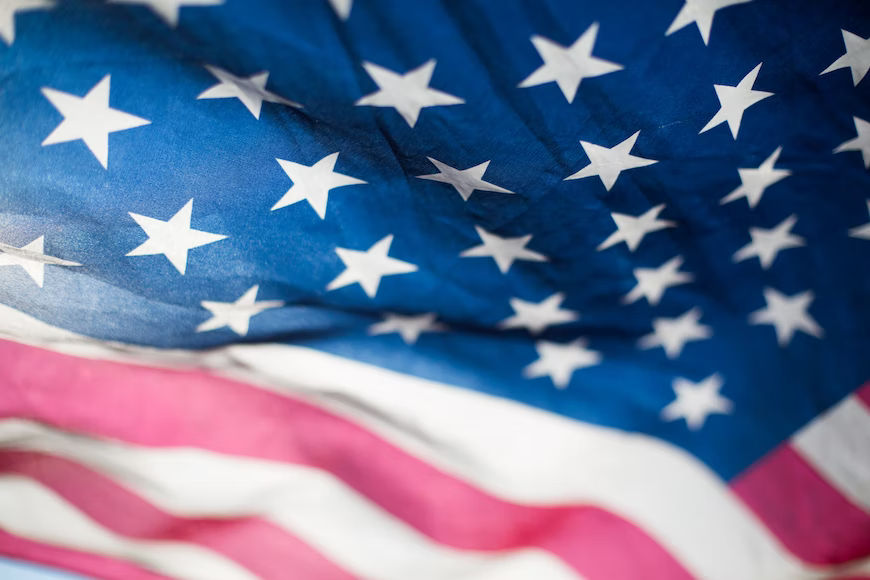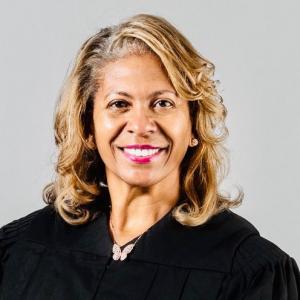Although Labor Day weekend signifies the unofficial end of summer, few people are aware of its significant ties to a little village in Greene County, Ohio.
“The home of Labor Day” is how the town of Cedarville often describes itself.
Residents of Cedarville will tell you that James Kyle of Greene County is responsible for Labor Day’s origin.
Also read: Labor Day 2022: What’s open and what’s closed
Who was James Kyle?
American politician James Henderson Kyle was born on February 24, 1854, and died on July 1, 1901. He was one of the most effective Populist Party lawmakers, representing South Dakota in the Senate for ten years from 1891 until his passing. Kyle is the name of a town in South Dakota.
Kyle was born on his family’s farm in Cedarville, Ohio. Thomas and Jane Kyle were his parents, and he had at least five siblings. His great-grandparents were immigrants from Scotland and Ireland. He relocated to Urbana, Illinois, with his family when he was 11 years old.
Also read: Labor Day: Meaning, history, and significance
Kyle struggled greatly as a young man to choose a career, but he acquired a lot of education and made a living through farming and teaching. He earned his degree in civil engineering from Oberlin College in 1878 after completing his studies at the University of Illinois.
He thought about going into law but ultimately decided to become a congregational pastor. He earned his degree from Pennsylvania’s Western Theological Seminary in 1881. Then, in 1882, he relocated to Salt Lake City, Utah, where he took on the roles of church pastor and seminary director. He relocated to South Dakota in 1885 because it was healthier for the health of his wife. Up until 1891, he remained a minister.
After giving a fiery political speech in 1890, he entered politics. This happened soon after South Dakota was admitted as a state.
He was initially chosen to serve in the state senate, but soon after that, he was chosen to serve in the US Senate. He was one of only a few individuals to run for the Senate without joining a party, but at the time, the state Democratic party was in support of him.
He joined the newly-forming Populist Party while serving his first term in the Senate. In 1897, Kyle was re-elected by the state legislature to the Senate. Kyle soon shifted to the Republican Party as the Populist Party started to fall apart.
In the Senate, Kyle served on a variety of committees. He served as the chairman of the Committee on Education and Labor from 1893 to 1895, from 1897 to 1901, and from 1895 to 1897 he served as the head of a committee to create a university in the United States.
One of the key proponents of the legislation that established Labor Day was Kyle. When he presided over the Committee on Education and Labor, on August 23, 1893, he proposed a measure designating the first Monday in September of each year as Labor’s Holiday. On June 28, 1894, President Grover Cleveland officially made Labor Day a federally recognised holiday.
Kyle was a staunch advocate of the Spanish-American War. Kyle was regarded as a diligent, intelligent senator who spoke up for workers’ rights. He participated in the National Industrial Commission from 1898 to 1901.
In 1898, Kyle started experiencing major health issues. He passed away in Aberdeen, South Dakota, where he had lived from the late 1880s to 1891, at the age of 47.
Kyle had two children with his wife, Anna Eliza Dugot Kyle.







